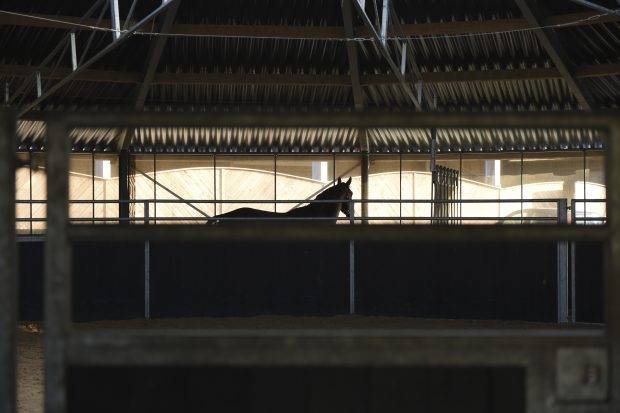More articles on water supply
Get advice on paddock maintenance
Q: The mains supply to the water trough in my paddock passes through my neighbour’s field. There appears to be a leak in the pipe and my husband would need to go on to my neighbour’s field in order to repair it.
Who is responsible for the cost of repairing the water leak?
JD, Fife
It is quite common to find fields that perhaps once formed part of a larger property divided up into small paddocks, with the water source crossing land owned by different people.
Do I have right of way?
“When you bought the land, your solicitor should have checked there were rights known as ‘easements’ reserved in favour of your land, permitting water pipes to cross through neighbouring property,” said Kerry Humble of Blake Lapthorn Solicitors.
“It is usual that, in addition to reserving the right to receive water, neighbouring land owners can give notice to each other in order to inspect or repair water pipes.”
Where do I start?
First, check the title deeds to your paddock to see whether there are any specified rights in relation to the water supply.
“You should get permission from your neighbour to go on their land,” said Kerry.
“Bear in mind that if you turn off the water to fix the pipe, it may not just be your horses without water so you will need to check which fields are served by the shared supply.
“You will also need to ensure that if you carry out any work, the land is returned to a good state of repair.”
Who pays for the repairs?
If the water supply comes from the mains, even if it is via a private pipe, any fittings or valves you use must comply to the Water Supply (Water Fittings) Regulations 1991.
“If the pipe is shared, the cost of repair may fall on all the users,” said Kerry.
“Again, you would need to check your title deeds on this point; if they are ‘silent’ [meaning the deeds to the property do not have any reference to the water pipes, and so don’t offer any specific rights or agreements], it would be pragmatic to split the costs of repair and draw up an agreement for future repair and maintenance.”
When land is divided up between several neighbouring owners, it is a good idea to install water meters to minimise any disagreements about the quantity of water consumed on each property.
Information
Blake Lapthorn, tel: 02380 857108 www.bllaw.co.uk
This article was first published in Horse & Hound (25 February, ’10)
Looking for more articles on water supply?
Get expert advice on paddock maintenance now




